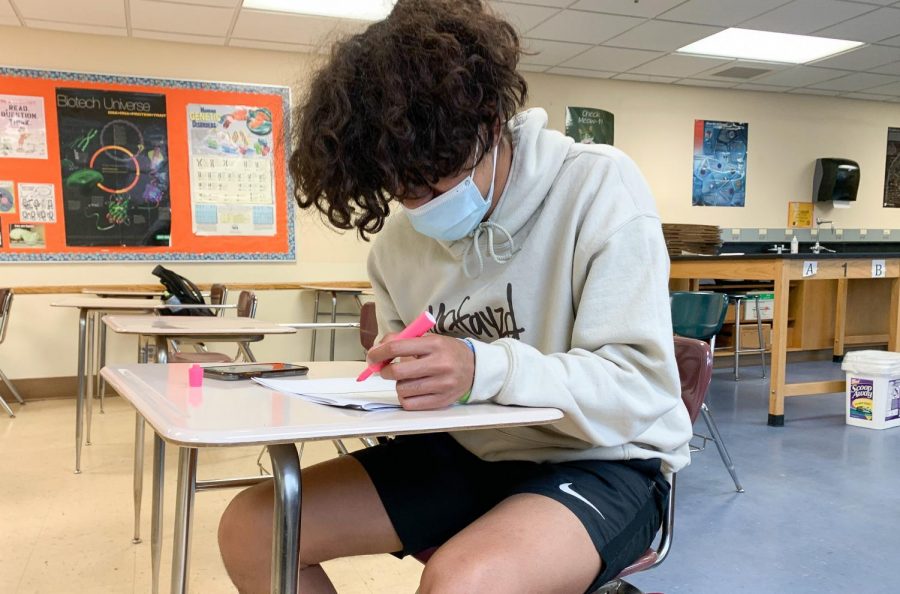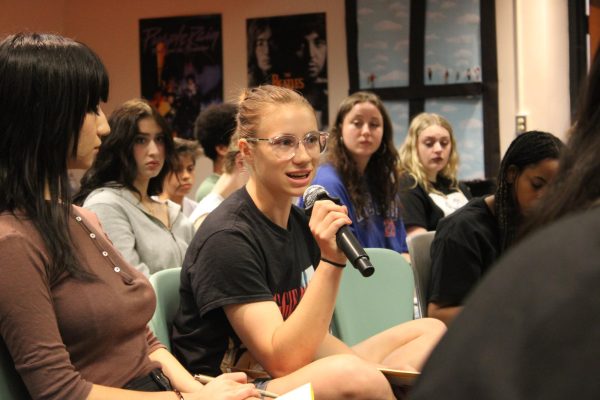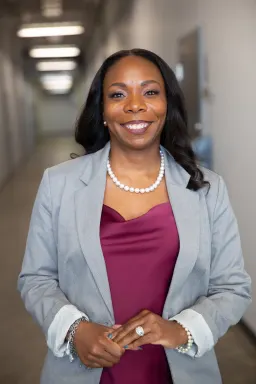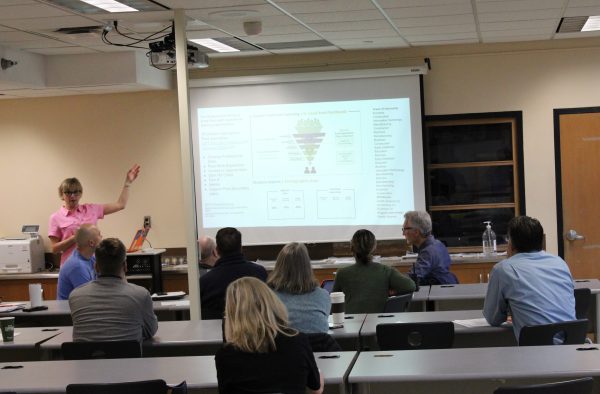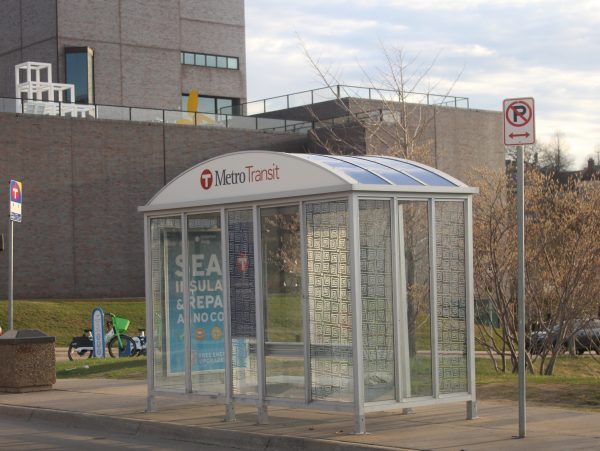Walz removes mask mandate
Executive order to be lifted after CDC recommendation
Junior Bennett Kouame catches up on homework during Park Connections May 14. Gov. Tim Walz said despite lifting the mask mandate, people will still be required to wear masks in school.
May 16, 2021
When she first heard about Gov. Tim Walz’s plan to repeal the state-wide mask mandate May 14, junior Emily Hoffman said she felt unsure about Walz’s decision, as it could help or hinder the state of COVID-19 within Minnesota.
“It’s not a good decision because of that concern about those anti-vaxxers thinking that there’s just this free pass for them to spread the virus,” Hoffman said, “But at the same time, I think it’s good that people who are vaccinated get to return to some level of normalcy.”
10 months after implementing a state-wide mask mandate that served as a trademark for the COVID-19 pandemic, Gov. Tim Walz announced he will be removing the executive order May 14. The move comes after the Center for Disease Control (CDC) announced vaccinated individuals do not have to wear masks indoors May 13.
In a press conference May 6, Walz initially announced the mandate would be lifted when 70% of Minnesotans 16 and up were vaccinated or on July 1, however, the move was accelerated to May 14 after the CDC announcement was released. Walz heavily pushed for Minnesotans to get vaccinated so they could take full advantage of the end of the mandate.
“Once you are fully vaccinated, you are protected,” Walz said in a press conference May 13. “You can confidently return to the people you love and things that you miss, all without a mask.”
Hoffman, who recently became fully vaccinated, said while she is not concerned for her personal safety, she is concerned about others. Those who advocate against the COVID-19 vaccine could take advantage of Walz’s decision, according to Hoffman
“I’m just concerned that unvaccinated people are just going to stop wearing masks, and that there will be another rise in cases,” Hoffman said.
Excited about Walz’s decision, freshman Henry Salita said repealing the mask mandate allows the state to start to return to normal, and he hopes other states soon follow suit.
I do understand the excitement of wanting to return to that level of normalcy, but at the same time, I think we also have to be really cautious.
— Emily Hoffman
“As long as people are getting vaccinated and we’re moving toward that goal of herd immunity, and stuff like that, I definitely think that other states eventually should (get rid of) their mask mandates,” Salita said.
Walz emphasized that private entities and smaller jurisdictions can still require masks in their facilities. Furthermore, in line with the Minnesota Safe Learning Plan, those in schools or child-care facilities will still be required to wear a mask.
According to Minnesota Department of Employment and Economic Development Commissioner Steve Grove, the state does not expect businesses to monitor whether or not maskless customers are vaccinated.
“This is really about personal responsibility, if you are vaccinated to wear a mask, not about businesses having to bear the brunt of a different mandate,” Grove said.
While he was much more concerned about wearing a mask at the beginning of the pandemic, Salita said since at-risk populations have mostly been vaccinated, his concern has gone down.
“I was told to put on a mask, to help out our society, because people are going to die if they get COVID-19, and now that’s still a big concern but with most of our most vulnerable vaccinated, it’s not as big of an issue in my mind now.”
Hoffman said she advises those who are celebrating the lifting of the mandate to keep in mind Walz’s decision is only the beginning of the end of this pandemic, and the state still has a long way to go.
“I do understand the excitement of wanting to return to that level of normalcy, but at the same time, I think we also have to be really cautious,” Hoffman said.



